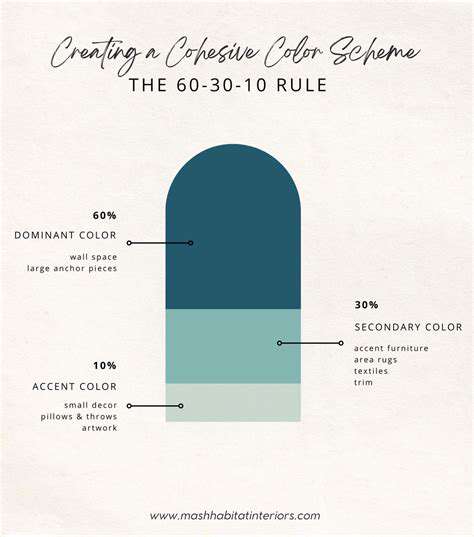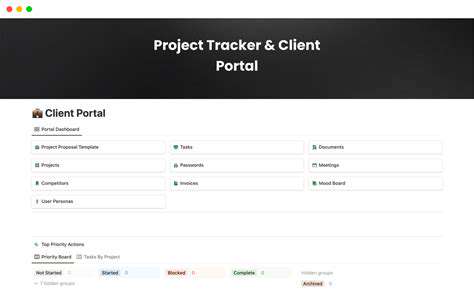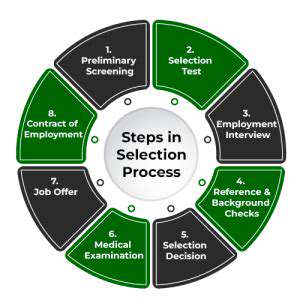Affordable Full Package Home Design Services Review
Comparing Prices and Hidden Costs: Avoiding Surprises

Understanding the Price Tag
When you're looking at products or services, the first thing that catches your eye is usually the price. But here's the thing - that number doesn't always tell the whole story. What you see upfront might be just the tip of the iceberg when it comes to what you'll actually end up paying. To make smart choices, you've got to dig deeper and see the complete financial picture.
Unveiling Hidden Costs
Those sneaky extra charges can really add up before you know it. We're talking about things like delivery fees, setup costs, or ongoing maintenance that don't show up in the initial quote. If you don't hunt down these hidden expenses, you might be in for a nasty surprise when the final bill arrives. Always ask for a full breakdown of all possible charges.
Analyzing the Value Proposition
Price is important, but it's not everything. Sometimes paying a bit more now can save you money down the road. A product that costs more initially might last longer, work better, or need fewer repairs. That slightly higher price tag could actually be the more economical choice when you look at the big picture. Think about how much use you'll get out of it over time.
Comparing Across Different Providers
Don't just look at one option and call it a day. Check out what several companies are offering - you might be surprised at how much prices can vary for similar services. Different providers package their services in different ways, which can make comparing them tricky. Take your time to understand exactly what's included in each offer before making a decision.
Evaluating Long-Term Costs
It's easy to focus on what something costs today, but what about tomorrow? Consider how much you'll spend on upkeep, repairs, or replacement parts over the years. Something that seems like a bargain now might turn into a money pit later if it needs constant fixing. Try to estimate these future expenses when weighing your options.
Considering Additional Factors
Don't forget about the extras that can make a big difference in your experience. Things like warranty coverage, return policies, and customer service quality matter more than you might think. Good support can save you time, money, and headaches when something goes wrong. These intangible benefits can be worth paying a little extra for.
Choosing the Right Service Provider: Ensuring a Smooth Process

Finding Reputable Providers
Picking the right company to work with takes some homework. Look for providers with solid experience and happy customers who can vouch for their work. Check review sites, ask for references, and see if they've handled projects similar to yours before. A quick phone call can tell you a lot about how they do business and whether they'll be good to work with.
Understanding Service Packages
Most companies offer different service levels to fit various needs and budgets. Take time to really understand what's included in each option - and just as importantly, what's not. Comparing the fine print between packages can help you avoid paying for things you don't need or missing out on important services. Ask questions if anything isn't clear.
Assessing Expertise and Experience
The team's know-how makes all the difference in getting good results. Seasoned professionals who've seen it all before can often solve problems faster and more effectively. Check their qualifications, ask about their track record, and see if they specialize in your type of project. Experience matters when things don't go exactly as planned.
Evaluating Communication and Support
How a company communicates says a lot about how they'll treat you as a customer. Pay attention to how quickly and clearly they respond to your questions - it's a good indicator of what working with them will be like. You want someone who keeps you in the loop and makes you feel like a priority, not just another job number.
Considering Budget and Pricing Models
Money talks, but make sure you understand exactly what it's saying. Get all pricing details in writing and watch out for vague estimates that could balloon later. If a deal seems too good to be true, it probably is. Quality work costs money, so be wary of bottom-dollar prices that might mean cutting corners.
Considering Location and Accessibility
For services that require on-site work, distance matters. A local provider might be worth paying a bit more for if it means faster response times and lower travel fees. For remote services, check what tools they use to stay connected and how available they'll be when you need them.
Reviewing Contractual Agreements
Never sign anything without reading it thoroughly first. The contract should spell out exactly what you're getting and what happens if things don't go as planned. Don't be shy about asking for changes if something doesn't seem fair. When in doubt, have a lawyer look it over - it's cheaper than dealing with problems later.











